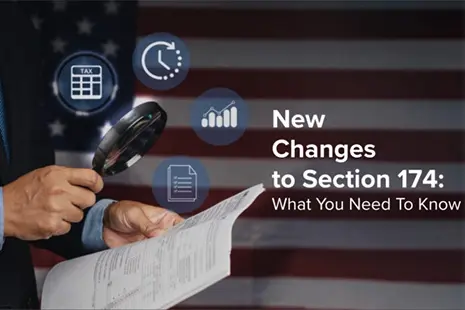Canadian Finance Minister Chrystia Freeland announced the 2023 Federal Budget this week, outlining a bevy of measures that run the gamut from combatting predatory lending, offering cash benefits to lower-income Canadians and even making alcohol more affordable.
Most important for innovative founders, however, was Freeland’s call for significant investments into clean energy and technology in the form of more than $83 billion in tax credits over the next ten years.
Broken down, these include a 15 percent refundable tax credit for Clean electricity investment, totalling $6.3 billion over 4 years, and a 30 percent refundable Clean technology manufacturing tax credit, which will total $4.5 billion over 5 years.
In total, this new budget raises the federal deficit by 40.1 billion—up from the $30.6 billion estimate floated during Freeland’s Fall Economic Statement back in November, with “no path to balance” in the 2023-24 plan.
Despite holding a higher price tag than originally projected, however, there weren’t too many surprises in Tuesday’s budget announcement.
The new Clean tech funding specifically is seen as Canada’s response to the much-debated Inflation Reduction Act passed recently in the United States, which funnels more than $370 billion into policies geared toward tackling climate change. This builds on Freeland’s Fall Economic Statement, where the Finance Minister pledged to invest in tax credits for renewable energy and carbon capture technologies, battery storage systems and electric vehicles (EVs).
Included within this EV focus is the development of a new “gigafactory” in partnership with Volkswagen that’s poised to be located in St. Thomas, Ontario, though how much of the federal budget was allocated to this project specifically remains to be seen.
Still, companies that mine critical minerals are particularly poised to benefit from the latest government incentives, as innovation in the development of battery components is viewed as an essential step in accelerating the global EV supply chain, which Canada hopes to lead. Lithium reserves, for instance—which are abundant in Alberta—are key to the industry’s growth, and the 30 percent tax credit will help Canadian businesses lead the mining and development of these valuable minerals. (For reference: 20,000 tons of lithium hydroxide is estimated to power 350,000 electric vehicle batteries.)
All that said, this latest budget is a fairly conservative referendum from the Liberal government, as Freeland has taken pains to avoid making sweeping measures that might trigger inflation or market uncertainty. The Finance Minister has also been vehement in pre-budget speeches that the budget would “show fiscal restraint” to avoid impacting the government’s tax revenues in the face of a murky economy.
“Last year, Canada demonstrated the strongest economic growth of any country in the G7,” Freeland said at the start of her address, adding that the country has recovered 126 percent of the jobs lost in the first months of the pandemic—beating the United States, which has only covered 114% from early 2020 lows.
There’s a lot of change in store when it comes to federal grants and tax credits as they relate to innovative businesses across industries. Check out our recent breakdown of the changes to IRAP (and what exactly the upcoming Canadian Innovation Corporation entails) in our latest blog.


